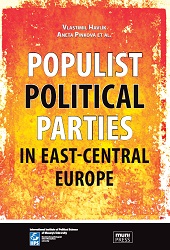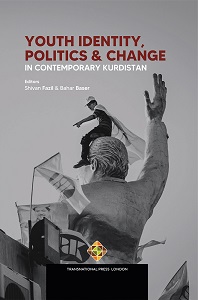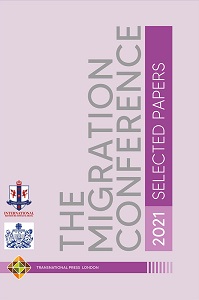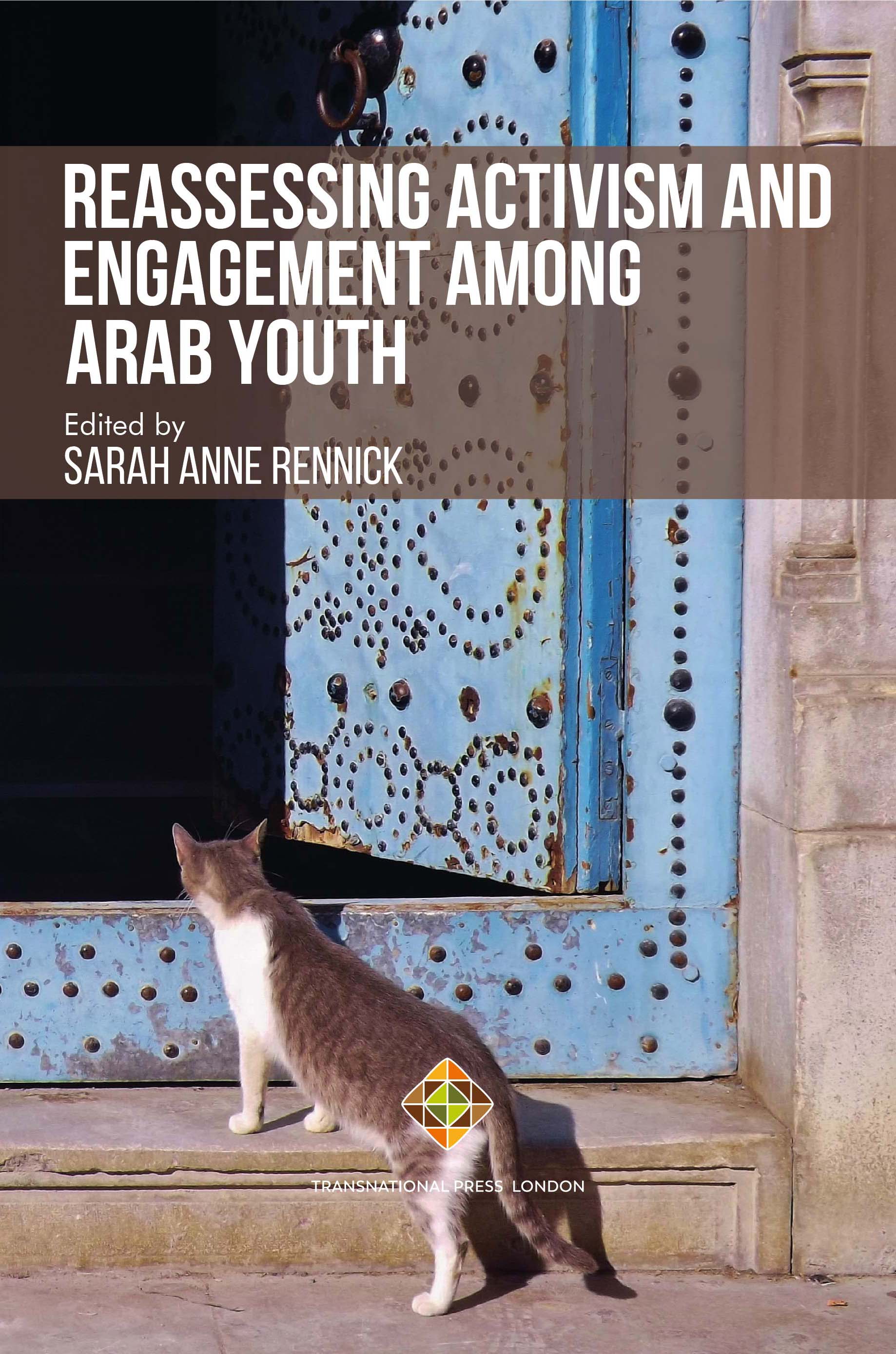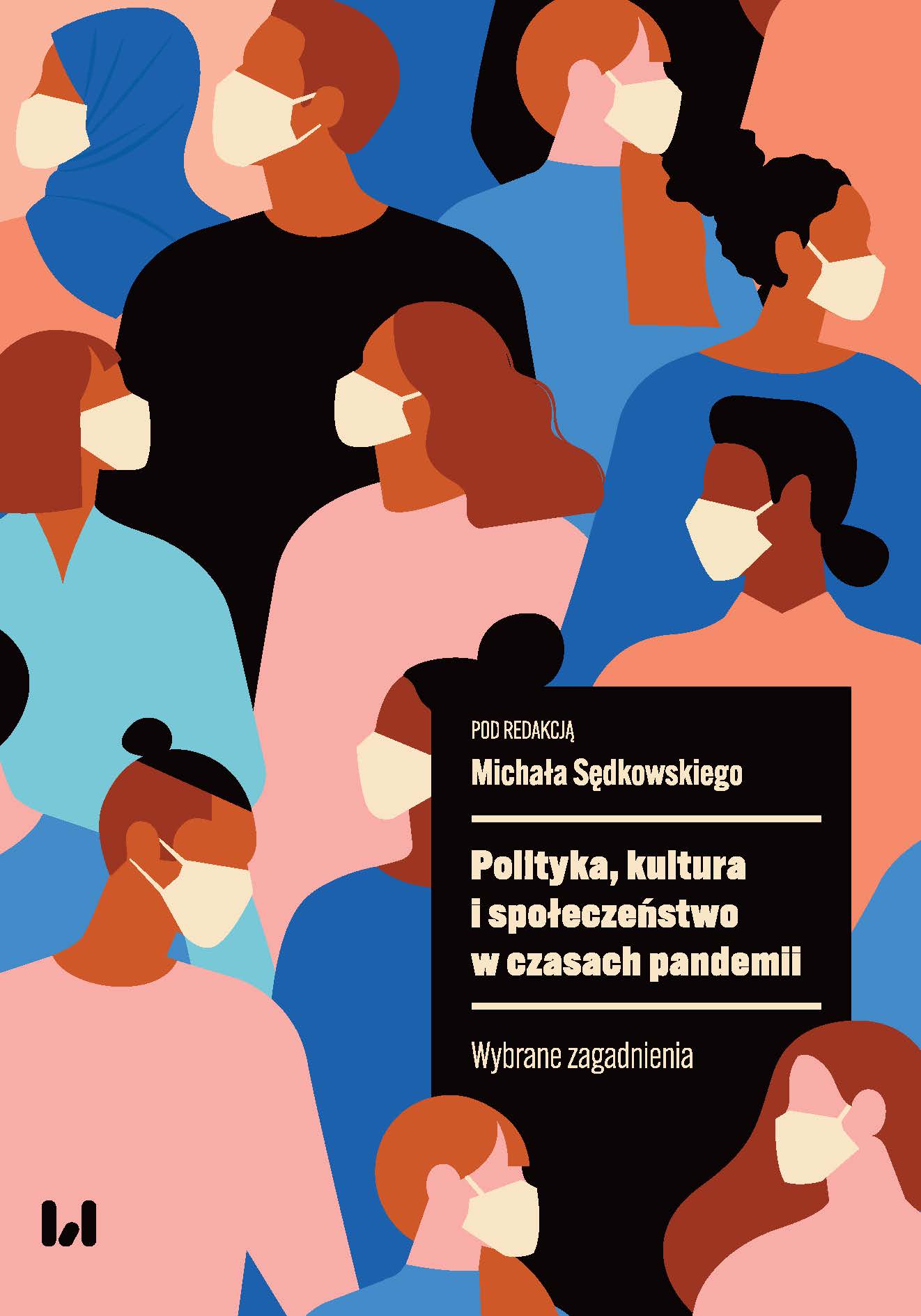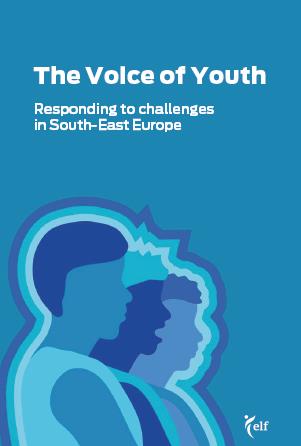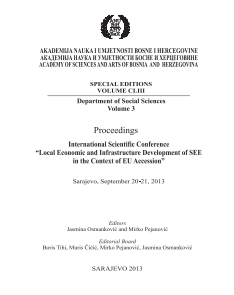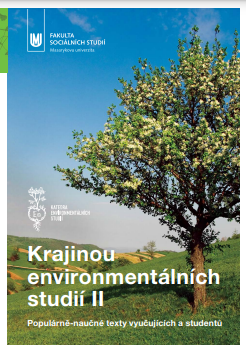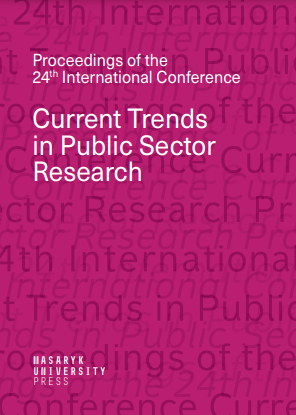Author(s): Stevo Muk / Language(s): Montenegrine
Publication Year: 0
Mutual for all non-governmental organizations is that they are non-profit by their character, they are a product of free will association, with the goal to protect/promote interests of its members or some public interest, that represents common good, they are institutionally separated from the government or local authorities, they have their own internal structure and they are independent in creating and defining the goals, plans and implementation of activities. Non-governmental organizations in world are having growing importance and there is almost no social problem in whose solving these organisations are not included. The task and role of non-governmental organisations is to assist in humanization of life; to make the society more sensible towards important issues such as peace, protection of living environment, rights of women and underprivileged groups and similar; to protect specially endangered social groups; to develop communication between isolated individuals and create the sense of togetherness; to open topics that are significant for whole society, in the manner which is not burdened by the interest of gaining or keeping the power, to be a constant initiator of public debates regarding important issues. Montenegrin Law on non-governmental organisations, adopted in July of 1999, represents relatively adequate frame for establishment, registration and functioning of non-governmental organisations (associations and foundations). In Montenegro, more than 3300 nongovernmental organisations is registered, but the number of active non-governmental organisations is not bigger than 300. Non-governmental organisations have, with all their shortcomings, proven to represent a sector of initiative, energy, knowledge and devotion. They have raised the issues of gender equality, protection of living environment, human and minority rights, open and responsible authorities, pointed out to marginalized groups in the society, opened possibility of alternative, informal education, gave immense contribution to the quality of public policy on different levels, prepared many models of laws and other legal provisions. For further development of non-governmental organisations in Montenegro we need well taught exit strategy of foreign donors, intense development of domestic financial sources, legal and tax regulations as well as further development of internal resources and credibility, cooperation with public and commercial sector.
More...
